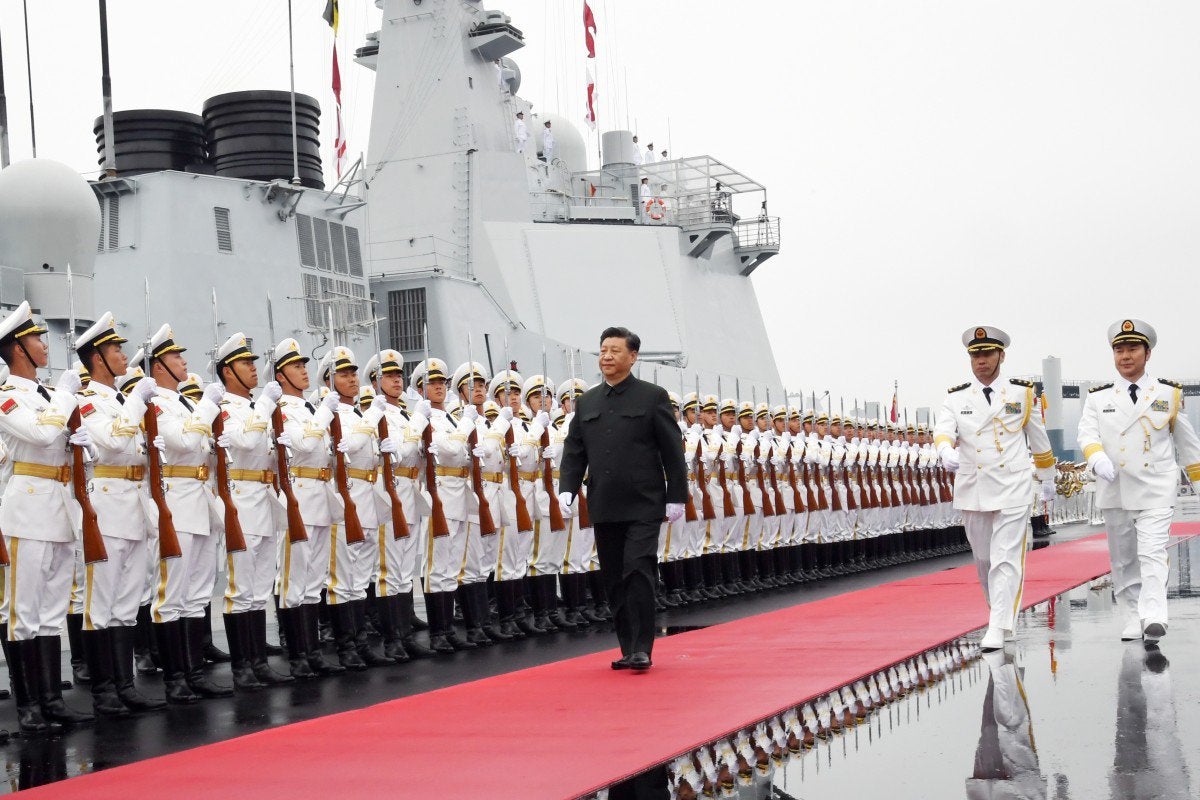by Martin Haffner Associate Editor
As tensions continue to escalate in the Taiwan Strait, the possibility of a Chinese blockade of Taiwan is becoming a focal point in geopolitical discussions. With China’s military modernization efforts and increasing assertiveness in the region, analysts warn that a blockade could be a realistic strategy for Beijing to assert its claim over the self-governing island of Taiwan. This article explores the mechanisms China could employ to execute such a blockade and the potential ramifications for the region and beyond.
Understanding the Blockade Concept
A blockade is a military strategy designed to prevent goods, services, and naval vessels from entering or exiting a designated area. In the context of Taiwan, a Chinese blockade would aim to suffocate Taiwan’s economy, disrupt its supply chains, and diminish its defense capabilities without escalating to a full-scale invasion. This approach could allow China to exert control over Taiwan while minimizing the immediate costs of war.
China’s Military Readiness
- Naval Power Enhancement: Over the past two decades, China has invested heavily in modernizing its Navy. With a growing fleet of advanced warships and submarines, the People’s Liberation Army Navy (PLAN) is equipped to establish a formidable presence in the Taiwan Strait. The recent commissioning of aircraft carriers and amphibious assault ships significantly enhances its capacity to maintain naval blockades.
- Missile Systems: China possesses a vast arsenal of missile systems capable of striking key logistical hubs and military assets in Taiwan. This capability serves a dual purpose: deterring foreign intervention and crippling Taiwan’s ability to respond effectively during a blockade.
- Cyber Warfare: Beyond traditional military assets, China’s cyber capabilities can be employed to disrupt Taiwan’s communications, logistics, and critical infrastructure. A simultaneous cyber offensive could complement a physical blockade, creating chaos and confusion on the ground.
Control of Maritime Routes: China could deploy naval forces to intercept commercial shipping vessels en route to Taiwan. By establishing control over maritime routes, particularly the critical supply arteries from Japan, the Philippines, and the United States, China can significantly restrict Taiwan’s access to essential goods, fuel, and military supplies.
- Air Superiority Initiatives: Achieving air dominance is crucial for the success of any blockade. China’s air force could conduct operations to assert control over airspace surrounding Taiwan, deterring any foreign military aircraft from entering the region and supporting Taiwan’s defense efforts.
- Psychological Operations: China would likely engage in psychological tactics to instill fear and uncertainty within Taiwan. This might involve strategic military exercises near Taiwan, increased military rhetoric, and information warfare campaigns aimed at demoralizing the Taiwanese populace.
Regional and Global Implications
- US Involvement: The United States has reiterated its commitment to Taiwan and its policy of “strategic ambiguity.” A Chinese blockade could prompt the US to reassess its military posture in the Asia-Pacific region. The potential for confrontation between Chinese and US forces raises the stakes for all parties involved.
- Impact on Asian Allies: Countries in the region, including Japan and South Korea, would face significant ramifications from a blockade. These nations depend on stable maritime routes and could find themselves embroiled in a conflict that disrupts trade and regional stability.
- Economic Consequences: A successful blockade would not only hurt Taiwan but also impact global supply chains. The Taiwan Semiconductor Manufacturing Company (TSMC), a vital player in the global semiconductor industry, is based in Taiwan. Disruptions in production could have cascading effects on various industries worldwide, from tech to automotive.



